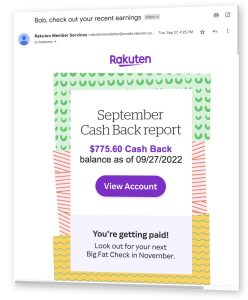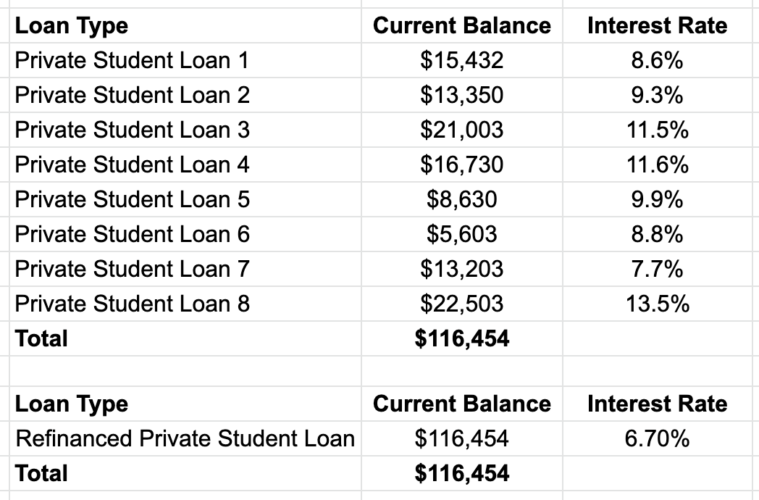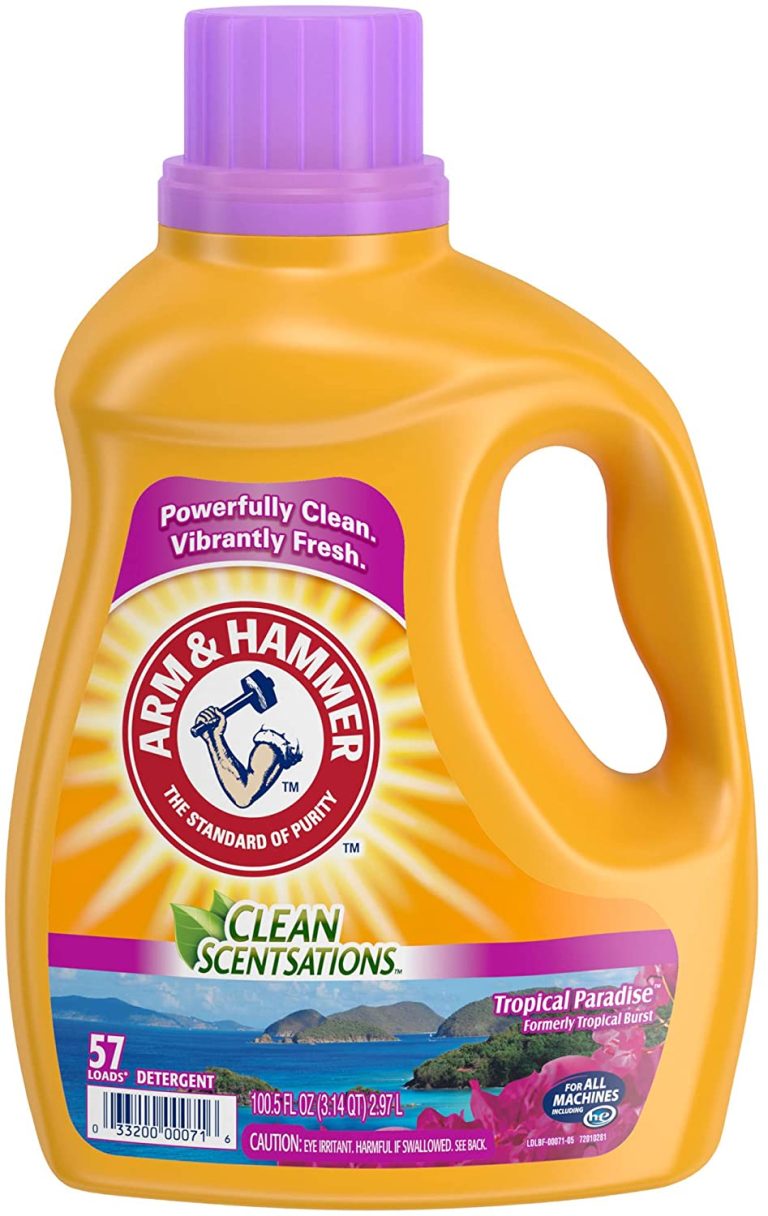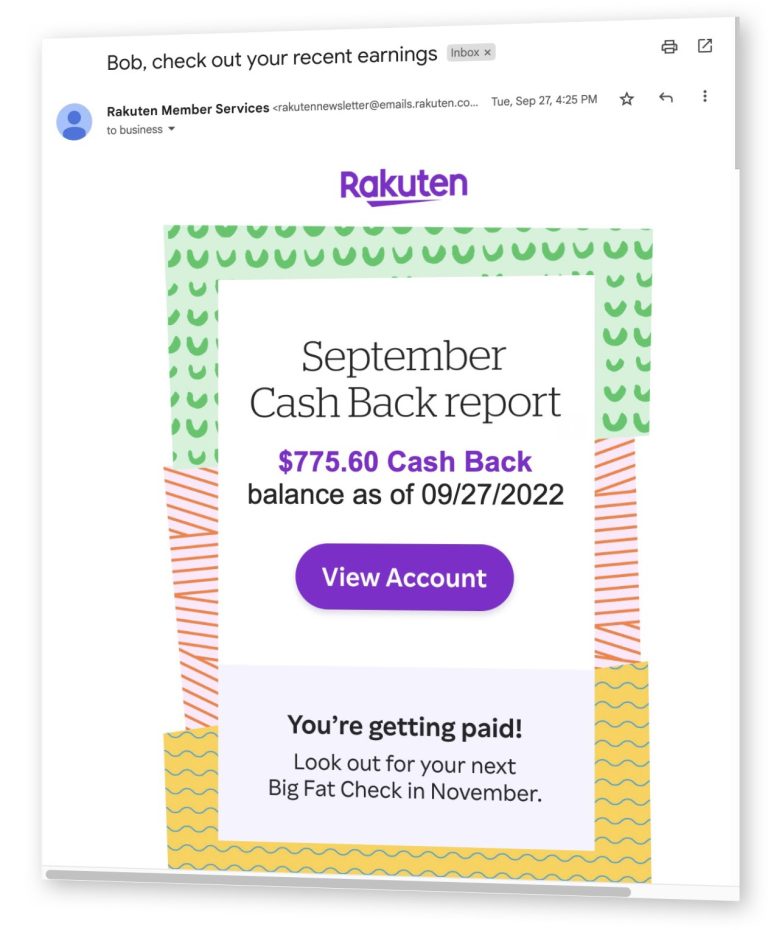 Ever since millennials began entering the workforce, media outlets have perpetuated the story of employers not knowing what to do with job-hopping millennials. Apparently, we’ve gotten a bad rap for not sticking around our jobs long enough.
Ever since millennials began entering the workforce, media outlets have perpetuated the story of employers not knowing what to do with job-hopping millennials. Apparently, we’ve gotten a bad rap for not sticking around our jobs long enough.
There’s only one problem with this story: according to a recently published article on FiveThirtyEight, the job hopping story is misleading.
First, younger workers have always changed jobs more often than older workers.
In fact, the turnover of millennial workers today is the same as it was for 20-somethings in the 80s.
Second, today’s 20-somethings change jobs less frequently than 20-somethings in the 90s, according to statistics from the Department of Labor,
The reality is: In your twenties, job hopping isn’t bad; it’s normal. In fact, some would argue that job hopping is beneficial to your career. Granted, job hopping comes with risks, particularly during tough economic times. But if you play your cards right, you can make job hopping work for you. Here’s why:
You could earn more
Unemployment is the lowest it’s been since 2008 and the quit rate is highest it’s been in six years. When quit rates are high it typically means that workers are feeling confident enough in the economy to find different opportunities.
Here’s where it gets interesting. Although the economy is better, wages haven’t caught up. As a result, one method of making more money has become to look for a job at another company where you can negotiate a higher starting salary.
Some professionals have even made a habit out of quitting their jobs every few months and finding more money elsewhere, according to a recent CNN report. For these workers, it comes down to staying and hoping for a 1 percent raise or leaving for another job and getting a 10 percent salary boost.
There’s one caveat. This technique may not work with older more established companies that still see job hunting as a red flag. However, younger companies seem to not only accept it, but encourage it by offering good candidates more money.
You could find your “thing”
Millennials are often described as suffering from the paradox of choice. We have so many options in front of us that it can be hard to figure out what is is we actually want to do — especially with our careers.
Even during a down economy, many of us had more choices than we knew what to do with. Do we try a regular job or start a business? Do we stay put or travel the world? Do we combine our multiple interests or stick to just one?
Job hopping allows you to experiment in different roles and fields in an effort to find the right fit. After all, if you’re going to spend at least a third of your life working, you better make sure it fits.
Job hopping is losing its stigma
After 2008, professionals — especially young ones — realized that company loyalty may be a thing of the past. Millennials believe that loyalty is a two-way street, and since companies have shown that they won’t take care of you for the rest of your life, young workers don’t see the point in being loyal, either.
This has changed the way people see “job hopping” in a drastic way because you have an entire generation of workers asking themselves some very important questions and behaving accordingly.
After all, if a better opportunity comes along and your current employment isn’t paying enough or your skill set isn’t being used to its full capacity — as was the case for many millennials who entered the market in a bad economy — why would you stay? Any person in their right mind would leave for the better job.
People can’t deny that this is a fair question to ask. They also can’t blame individuals for wanting better opportunities. As such, they are no longer faulting people for switching jobs.
Job hopping may have been a bad thing back when our parents were looking for work, but they also had an entirely different set of circumstances. Things have changed in the work world and that includes how people go about finding better employment.
Underpaid? It’s Time To Leave; Why Job Hopping Isn’t So Bad appeared first on Money Under 30. © Moneyblogs, LLC.
SOURCE: Money Under 30 – Read entire story here.




















